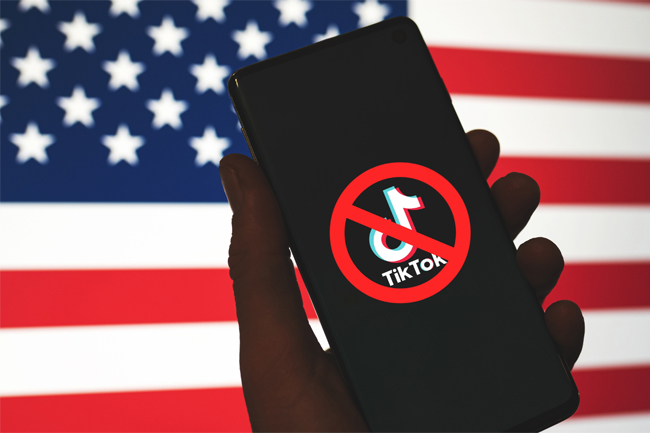As travellers begin to hit the road again, hoteliers can prepare by considering the travel archetypes of the future. Veteran hotelier and industry powerhouse – Kamal Munasinghe, General Manager of Cinnamon Grand Colombo and Cinnamon Lakeside Colombo, disseminates his rather enticing opinions in the industry.
The relevance of international demand for most Sri Lankan sites has recently increased due to tourist globalisation. Hotel chains have long been studied from a variety of angles. However, no research has been conducted to validate the supposed potential of chains to draw foreign demand, even though this information is highly valued by hotel investors and owners when considering affiliation opportunities. When asked if the advent of multinational hotel chains has influenced Cinnamon Hotels’ success, Kamal expressed that international brands entering Sri Lanka are acceptable since it allows them to do a lot of destination marketing. It increases interest in the destination, which is beneficial for other key players in the industry such as Cinnamon Hotels & Resorts – the largest homegrown hospitality chain in Sri Lanka. People who travel nowadays look for that true authentic flavour of Sri Lanka.
It seems that, finally, the light at the end of the pandemic tunnel is in sight—at least in some parts of the world. Much has changed, thanks essentially to progress on the vaccination front. In light of new developments, Kamal assesses the hotel’s positioning in the country with the pandemic situation. According to him, the hotel business has been impacted since the Easter Sunday attacks. Nonetheless, there was a strong run in December and January, just before the COVID-19 pandemic hit, which negatively affected business operations, with the primary subject being business sustainability. As a result, Kamal reasons that practically “almost all players in the industry – despite their scale, have been struggling financially”
during the last two years. It also impacted on sustaining standards, the product, and keeping employees motivated. As a result, people began to leave the sector in response to the difficult circumstances. Similarly, he commented that Cinnamon Hotels & Resorts saw natural attrition of approximately 20%, which is a significant figure. Consequently, the industry is in a challenging situation as one of the primary difficulties confronting the hospitality business is labour.
At an optimistic glance, things are starting to look up for the Sri Lankan hospitality industry, picking up the pieces from the devastation dealt by the COVID-19 pandemic. However, when questioned about Kamal’s ambitions for Cinnamon Hotels in the future, he accentuates developing talent for operation and enhancing products, to deliver an authentic local experience is the key to rebuilding the industry. Based on what he has witnessed over the previous 30 years, he believes Cinnamon Hotels & Resorts has developed incomparable training programs for their team members. Furthermore, he clarified that they continually collaborate with institutes that offer world-class Learning & Development programs to reach their goals. Overall, there are enormous aspirations for both sustaining the current workforce and developing new labour.
On a more upbeat note, Kamal considers luxury to be personalisation, adding, “You know, for me, it’s not so much the material that you get as it is the ability to customise my experience to my taste and the way I want it. That is how I believe most guests now feel, as it is not just about the luxury goods you have in your accommodation. It’s a way of inspiring and personalising your experience and state of mind.”

